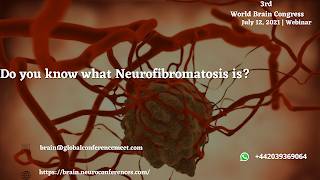How Mental Health Affects the Brain?
During the times of physical and mental stress, the adrenal glands produce excessive levels of cortisol, with some of it ending up in the brain.
Good mental health is an an essential part of our overall wellbeing, but not that many years ago mental
health issues were thought of by many as something that was all in the mind.
And while we know now that the mind is as important for health as the body, back
then saying something was all in your mind was simply another way of saying you
were probably imagining it.
Then for the discoveries scientists have made more
recent years about the causes of mental health problems, including the
biological processes in the brain that are affected when someone has a mental
illness.
The brain and mental illness:
Take the depression, for instance a mental health issue that affects around one in 10 of us at some point during our lives .When someone is affected by depression, brain typically has high levels of chemicals called cortisol.
During the time of physical and mental stress, the adrenal glands produce excessive levels of cortisol, with some of it ending up in the brain. But when the brain is exposed to high levels of cortisol in the long term it can change your brain chemistry, which then triggers symptoms of depression.




Comments
Post a Comment